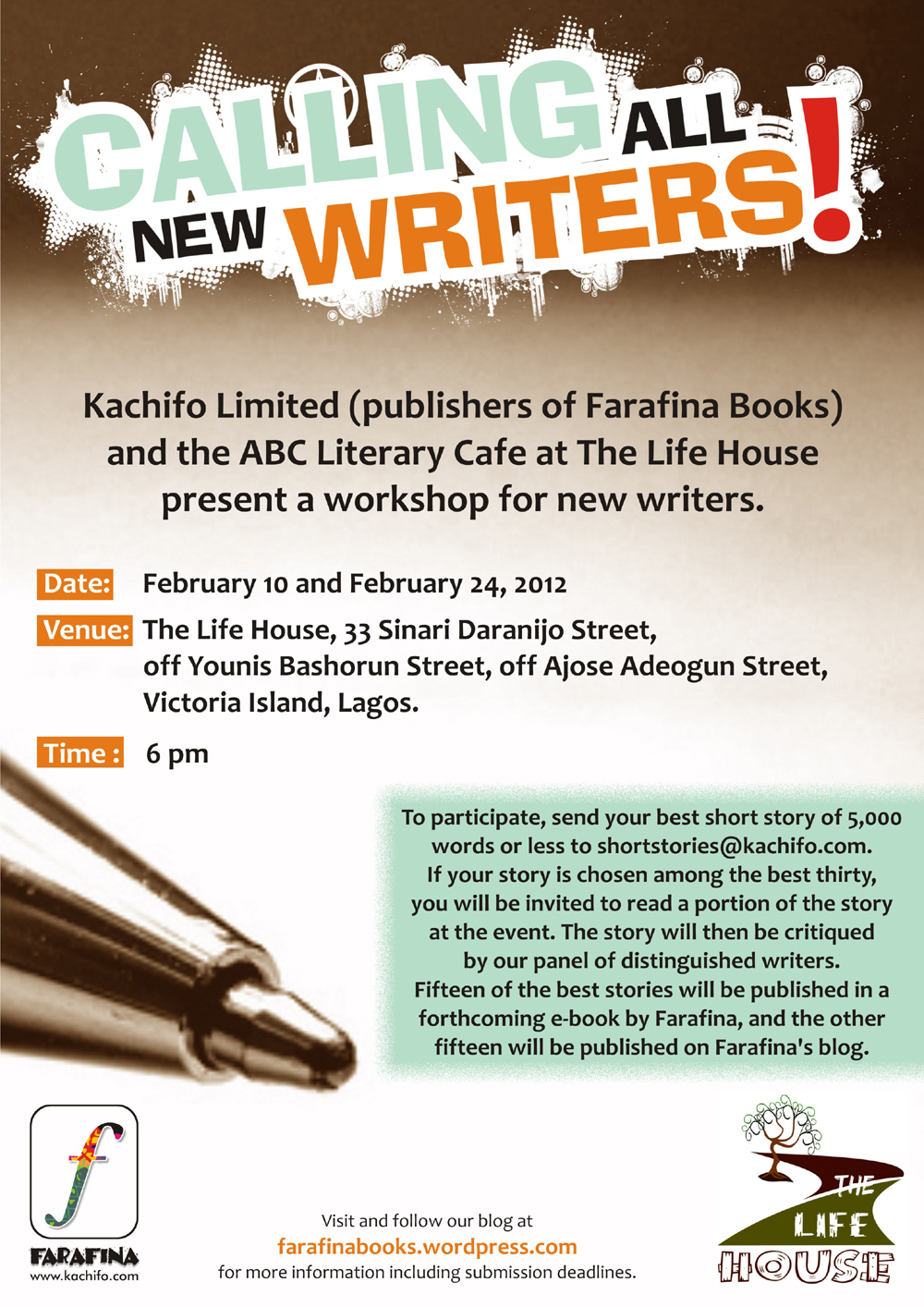My Mind Words Paper [Search results for LIFE]
University of Chicago's New Cosmic Frontiers International Science Essay Competition: $50,000 Top Prize (worldwide)
Deadline June 15 | University of Chicago's New Cosmic Frontiers International Science Essay Competition: ($50,000 top prize | worldwide)
Working with Your Life Stories: A Workshop on Writing Memoir (South Africa)
Call for Submissions - 'Her Saturn Returns' Anthology: Queer Women of Color Life Transitions
Paying Market: Readers Digest South Africa Seeks Story Contributions
Call for Submissions by Women from Jewish/ Islamic Background - Submitted: Women Finding and Leaving Extreme Religion (Seal Press)
Call for Submissions: For Colored Boys (Magnus Books)
Call for Proposals: Youth Empowerment Through Arts and Culture (EU Delegation Grant, South Africa)
Invitation to Book n Gauge X: Xpect Anything! (Nigeria)
US Embassy Cultural Affairs' "This I Believe" Arabic-Language Essay Contest for Young Egyptians
Call for Book Manuscripts: Queenex Publishers (Kenya)
Call for Submissions: Memorial Book on the Life of David Kato, Ugandan LGBT Activist
Soul Poetry Workshop: From the Magic of Words to the Centre of Silence (South Africa)
Farafina Books: Call for New African Writing (The Second Phase)

Cecil B. Currey Book Award 2012 (Third World topics are accepable)
Call for Submissions: QZine's Special Issue on Friends, Family, Community (Africa-wide)
Life Beats Workshop: ARTS. Journalism. HIV (South Africa)
Abuja Writers Forum's Guest Writer Session: Gimba Kakanda (Nigeria)
The Toyin Falola Africa Book Award 2012 (for the best book on Africa | $500 cash award)
31st Fernando Rielo World Prize for Mystical Poetry